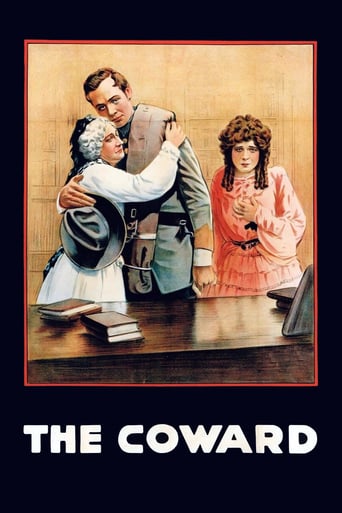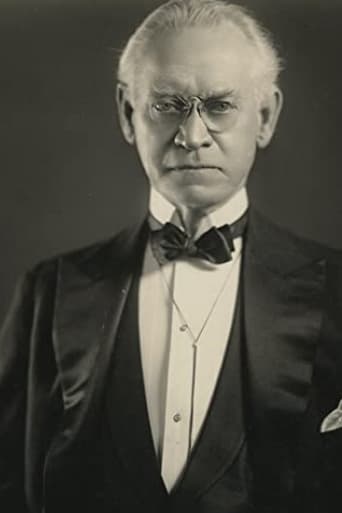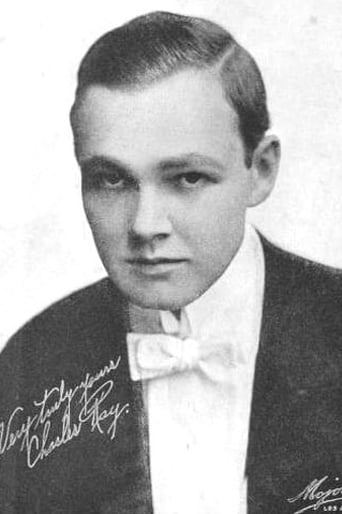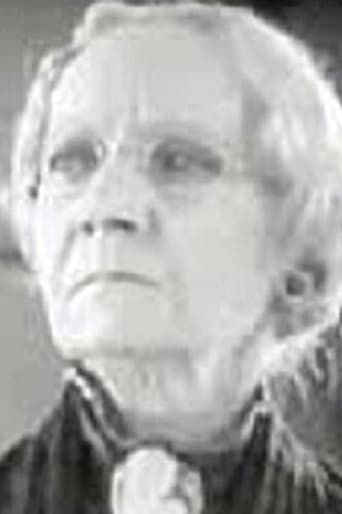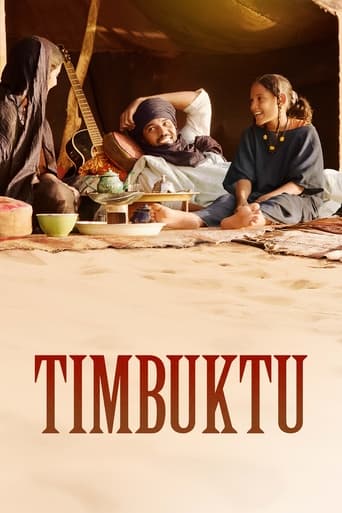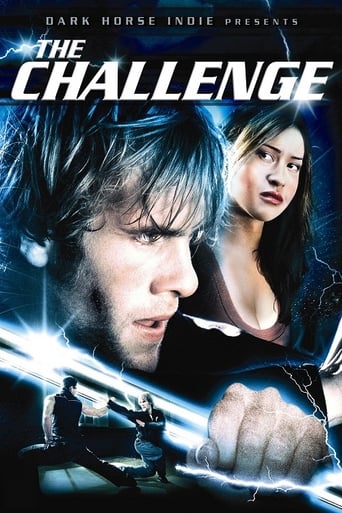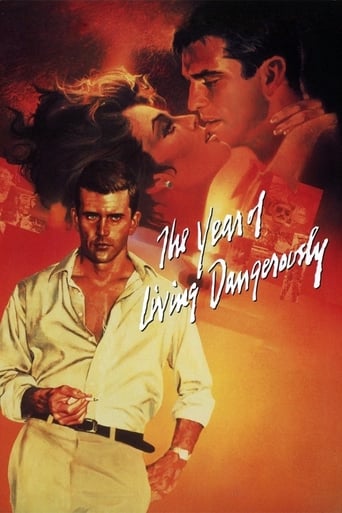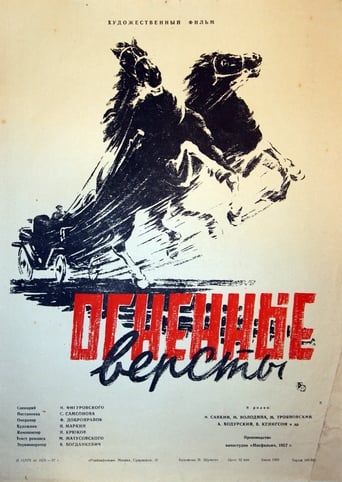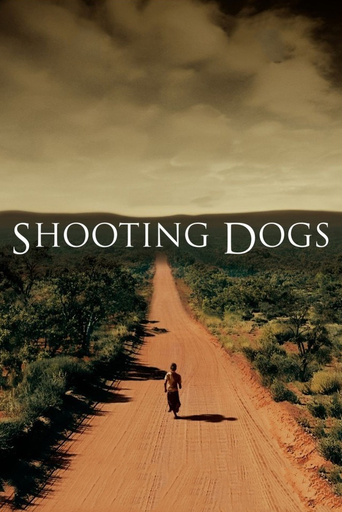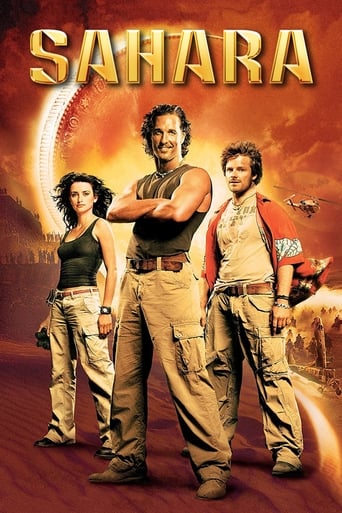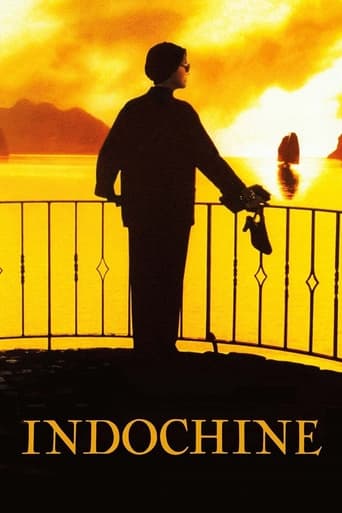The Coward (1915)
Set during the American Civil War, Keenan stars as a Virginia colonel and Charles Ray as his weak-willed son. The son is forced, at gunpoint, by his father to enlist in the Confederate army. He is terrified by the war and deserts during a battle. The film focuses on the son's struggle to overcome his cowardice.
Watch Trailer
Free Trial Channels
Cast


Similar titles
Reviews
Plot so thin, it passes unnoticed.
A Brilliant Conflict
All that we are seeing on the screen is happening with real people, real action sequences in the background, forcing the eye to watch as if we were there.
It really made me laugh, but for some moments I was tearing up because I could relate so much.
Coward, The (1915) *** (out of 4) One of the handful of Civil War films that were rushed into production and released after D.W. Griffith's THE BIRTH OF A NATION became what's probably the biggest hit of all time. This film here deals with Confederate soldier Frank Winslow (Charles Ray) who is terrified of the war and runs away as a battle is about to begin. His father (Frank Keenan) is a decorated soldier and is embarrassed why his son so he pretty much turns his back on him but soon the son is going to have a chance to redeem himself. There's no doubt that this thing isn't in the same league as the Griffith film but at the same time it's still a pretty good little picture. I think the most interesting this is the actual story because it's pretty much saying you're worthless if you're scared to die for your country. I think the film goes a bit too dramatic during the relationship of the son and father. This relationship includes a sequence where the father loads his pistol to shoot the son if he doesn't enlist in the war and even follows him to the enlistment office and again threatens to shoot him. I found the father character to be rather laughable and he'll certainly go down in history as the most pathetic father I've seen in a movie. The jerk is that bad and we get a sequence towards the end where the son might be dying and the father refuses to say he knows the kid. One major plus for the film are the costumes, which all look like they're real. The battle scenes aren't nearly as grand as the one in the Griffith film but they still look pretty good on their own. The performance by Ray is actually pretty good as he does a nice job at showing fear as his character goes through quite a bit here. The pain from his father's rejection is also something else the actor handles quite well. Keenan, on the other hand, is downright awful here. You'll never see me bashing silent acting because it is what it was at the time. I think it's unfair to bash acting from 1910 because it's not like the acting we see today or saw in the 30s or 40s. However, Keenan's acting appears to be coming from the 1620s. Just take a look at how slowly he moves no matter what his character is doing. I'd swear on my life that he moves slower than a zombie. If he goes to raise his hand it takes a good fifteen-seconds. If he goes to turn around that's probably twenty-seconds. If he goes to stand up it's probably thirty-seconds. You get the point. The movie runs 77-minutes but if Keenan would move at a normal speed we'd probably be looking at a movie under an hour. Even with that bad performance there's still enough to make fans of the silent era check this thing out. It's certainly not a classic or a masterpiece but it's an interesting story with a fine lead performance and some great outfits. The film shares a lot in common with Griffith's THE HOUSE WITH CLOSED SHUTTERS.
I watched "The Coward" because, as a huge Buster Keaton fan, I wanted to see a movie he'd likely been spoofing bits of in "The General". I don't know how it looked to audiences of 1915, but to a modern audience, "The Coward" often looks like a spoof itself. Charles Ray portrays Frank Winslow, the stately and handsome son of proud former Colonel Jefferson Beverly Winslow (Frank Keenan). The Colonel is an amiable enough husband, showing his wife genuine affection, but he's a steadfast old soldier as well, with no patience for those who don't eagerly rush off to battle. Frank, more a lover than a fighter, is scared witless at the idea of being cannon fodder. He tries to screw up the courage to enlist, like everyone else is gaily doing, but his nerve fails him and he goes home, confessing his fear to his white-haired mother. Dear old Dad considers this such a blow to the family honor that he pulls out a pistol and makes it pretty plain to Frank that the alternative to being shot at by Yankees on the battlefield is being plugged between the eyes by his father at home.To say the acting is overblown is understatement. Dad's reactions to his son look more like symptoms of neurological problems than they resemble human emotion -- alternating between clenched-teeth catatonia and a sort of standing petit-mal seizure. If he was a dog, you'd shoot him. It's fun to see the bits Keaton played with in "The General" -- the enlistment office scene, tossing away the picture of the disgraced young 'un, hiding under the tablecloth, stealing a uniform to sneak past the enemy. It's worth watching for that alone. And some of the affectionate moments between the Colonel and his wife were refreshing. But I'd not give it a second viewing.
At most, this might lead you to appreciate the watershed brilliance of "The Birth of a Nation". Another 1915 feature-length film set during the American Civil War, "The Coward" is an isolated melodrama, in lieu of scope or scale, with only one or two comparatively small skirmishes, affecting, in whole, neither interest or controversy. Most similar between the two films is probably their theatricality--the staginess of camera placement and missing walls, the way of storytelling and the histrionic acting. There are a few rather nice looking shots in this film, actually, but the entire picture is poorly crafted and choppy at times. The story of a father forcing his coward son at gunpoint to enlist for the Confederate army--and so on--is forgettable. Perhaps suitable on stage, Frank Keenan's rigor mortis stances and facial contouring are so out of place its laughable. Poor commemoration for Ince.(Note: The print I saw is in poor shape in parts--possibly causing some of the choppiness.)
The DVD "Civil War Films of the Silent Era" has three Thomas Ince productions on it-- the highly successful 1915 feature The Coward, starring Charles Ray and Frank Keenan (Keenan Wynn's grandfather, incidentally, and at times you can definitely tell), plus two shorts from 1913, Granddad and The Drummer of the 8th. The former is directed by Reginald Barker, who I daresay is the only director most of us could associate with Triangle (he directed The Italian, Civilization, several Hart westerns, etc.)It's pretty tough not to compare a 1915 film about the South to a certain D.W. Griffith film, and on the evidence Barker was highly capable and in some ways more fluid in his storytelling than Griffith, but didn't have Griffith's eye for the iconic actorly gesture that summed up character in a flash. There's nothing flashy about the on-screen agonizing that represents the delineation of character here, which is well acted for the period but takes literally a third of the movie to get across a fairly simple setup-- Dad (Keenan) is a proud Suthanah and gennelmun, Son (Ray) is a weakling who runs away from the enlisting office, and Dad orders Son to sign up and remembah that he is a Winslow, suh. There's a lot of knuckle-biting to get to that point.Once Ray deserts the movie picks up noticeably, and the action scenes are very nicely handled-- the manner in which Ray eludes capture in his own house is ingenious and nicely in character for someone who was a boy in the home, for instance. Watching it there are enough echoes of The General-- the enlistment opening, spying from beneath a table, etc.-- that you have to think that Keaton was drawing on memories of it, even if unconsciously. The battle scenes are fairly brief but impressively scaled (especially next to those in the shorts-- it's much like the difference in scale between the battle in The Battle of Elderbush Gulch and The Birth).But perhaps most interesting is what's missing-- The Birth's racial attitudes. This is much closer to Gone With the Wind's benevolent-paternalist view of master-slave relations, and while a definite air of Old South nostalgia/apologia fills the film, it feels right, for instance, that when Ray first sneaks into his home as a deserter, it's the servants who probably really raised him who take him in and try to ease the discovery of his action by his parents. (Of course, they may also have approved of desertion from the Confederate army...)

